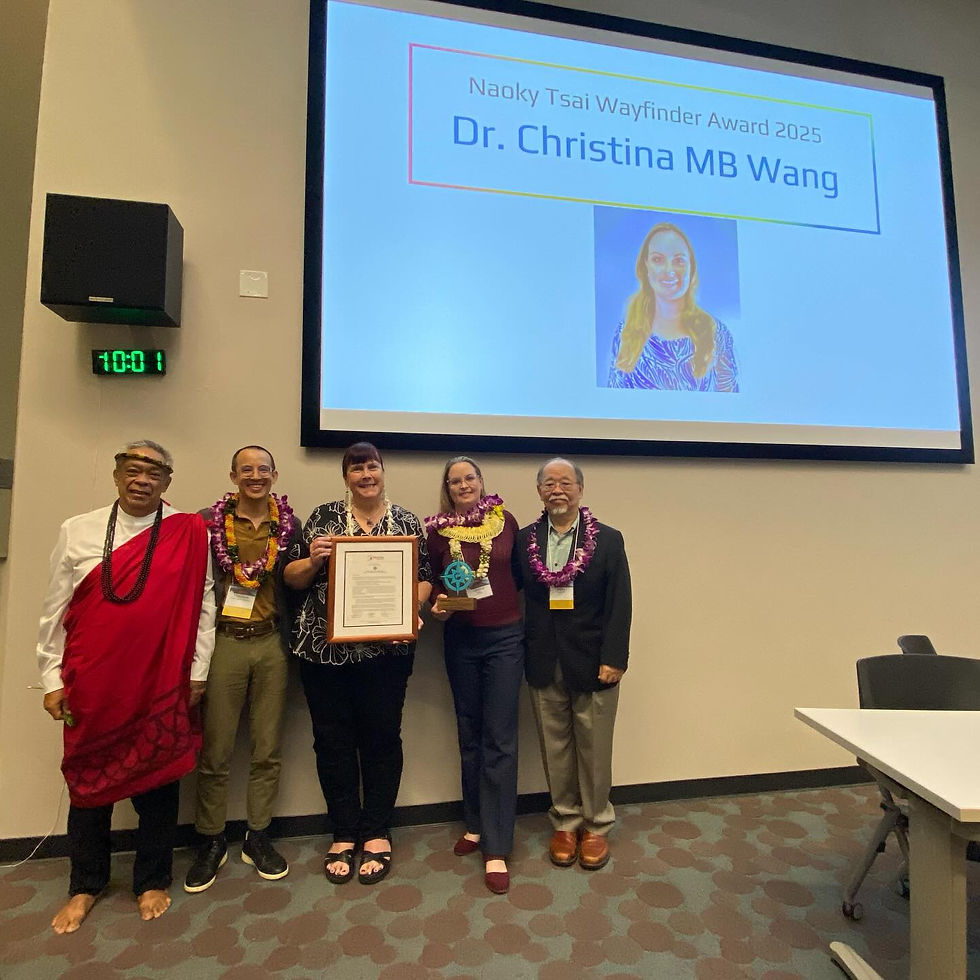National Suicide Prevention Month
- HHHRC
- Sep 27, 2022
- 2 min read

According to the federal Centers for Disease Control and Prevention, suicide is the second-leading cause of death among young people and the tenth leading cause of death in the nation. Nearly 46,000 people died by suicide in 2020.
Earlier this year, 988 was designated as the new three-digit dialing code that routes callers to what was known as the National Suicide Prevention Lifeline. Throughout September, the 988 Suicide & Crisis Lifeline and its partners “are working to change the conversation from suicide to suicide prevention, [and] to actions that can promote healing, help and give hope.”
“Mental health in our local culture and on the continent is not talked about enough. And when it is addressed it’s often couched in the language of judgment and stigma. Mental health impacts our family life, our social relationships, and our workplaces. Having mental health challenges is not a moral failing. It’s part of the larger human experience. Those who are concerned with their own health and well-being, and that of their friends and loved ones, should develop the capacity to check in with themselves and others in a way that centers compassion,” said Trisha Kajimura, HHHRC’s Deputy Director-Community. Trisha previously served as the Executive Director of Mental Health America of Hawai῾i, which offers quick online mental health screening tools and other resources. HHHRC was also proud to be a sponsor of this year's "Out of the Darkness Walk" held on September 10th at Skygate Park near Honolulu Hale.
“Our policymakers should continually look for ways to improve access to quality mental health services in our communities, especially for our rural residents and those from under resourced communities,” she added. “Because of pervasive ongoing structural and social stigma, the mental health needs of our trans and LGBQ communities are much greater than those who are cisgender and heterosexual. As such, they deserve much greater attention.” For example, a landmark report by the Hawai῾i State Department of Health in 2018 found that 50% of the state’s trans youth attempted suicide in the past year. 47% purposely hurt themselves in the past year.
If you or someone you know is in crisis, contact the 988 Suicide & Crisis Lifeline by calling or texting 988. You can also chat online at 988lifeline.org.
Hawai῾i CARES provides a team of trained and experienced professionals to help individuals in times of a mental health crisis. Hawaii CARES is there to help you 24 hours a day, 7 days a week. On Oahu, call at (808)832-3100. On the neighbor islands, call toll-free at 1-800-753-6879.










Comments